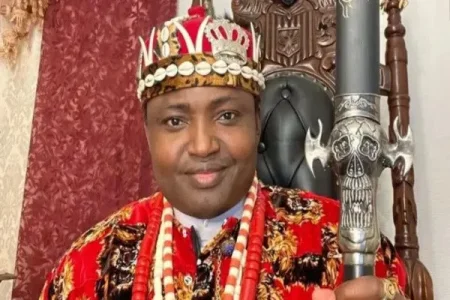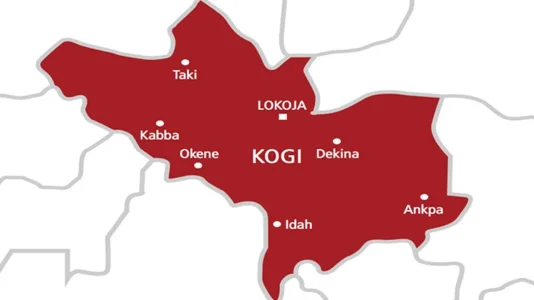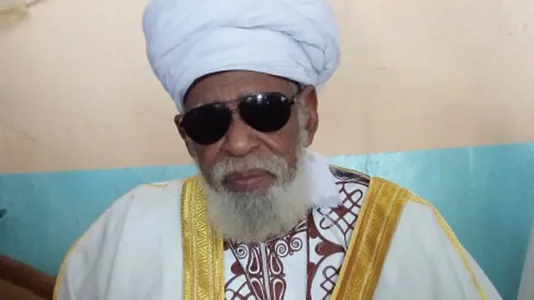
Simon Ekpa’s arrest in Finland for alleged incitement of violence and terrorism has reignited calls for his sentencing and Nnamdi Kanu’s release. South-East stakeholders emphasize addressing insecurity by holding Ekpa accountable and freeing Kanu to distinguish genuine Biafra agitators from criminal elements exploiting unrest in Nigeria's South-East region.
The recent arrest of Simon Ekpa, the self-styled Prime Minister of Biafra, has sparked strong reactions across Nigeria’s South-East. Arrested in Finland alongside four others, Ekpa faces charges of spreading terrorist propaganda, inciting violence, and financing terrorism. Finnish authorities allege his social media activities have fueled insecurity in Southeast Nigeria, including violent enforcement of sit-at-home orders initially spearheaded by the Indigenous People of Biafra (IPOB).
South-East Senator Enyinnaya Abaribe asserts that releasing IPOB leader Nnamdi Kanu could help identify genuine Biafra agitators from criminals exploiting the unrest. Abaribe criticized the violence targeting civilians and police, stating it contradicts the principles of agitation for self-determination.
US Army veteran and strategist Bishop Johnson believes that prosecuting Ekpa in Finland could disrupt his operations and influence in the region. However, Johnson warns that extraditing Ekpa to Nigeria could worsen unrest due to the country’s poor human rights record. He emphasized that due process in Finland would mitigate his loyalists’ backlash and foster accountability for lives lost.
Osita Okechukwu, former Director General of the Voice of Nigeria, advocates sentencing Ekpa for crimes committed in the South East, accusing him of crippling the region’s economy and inciting unnecessary violence.
Stakeholders agree that a dual approach—prosecuting Ekpa and releasing Kanu—could restore peace, separating true activists from criminals exploiting the region’s instability.




